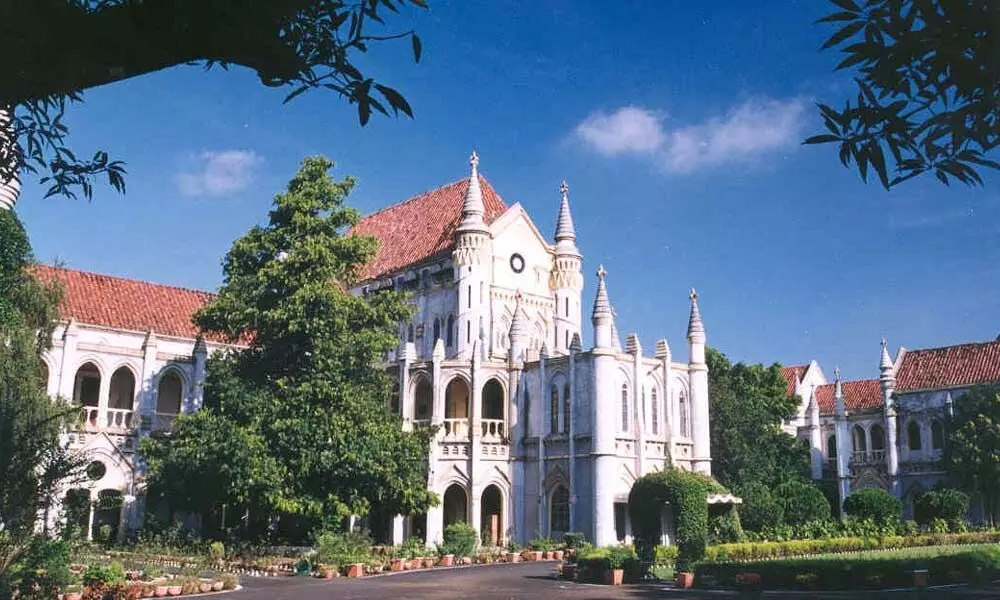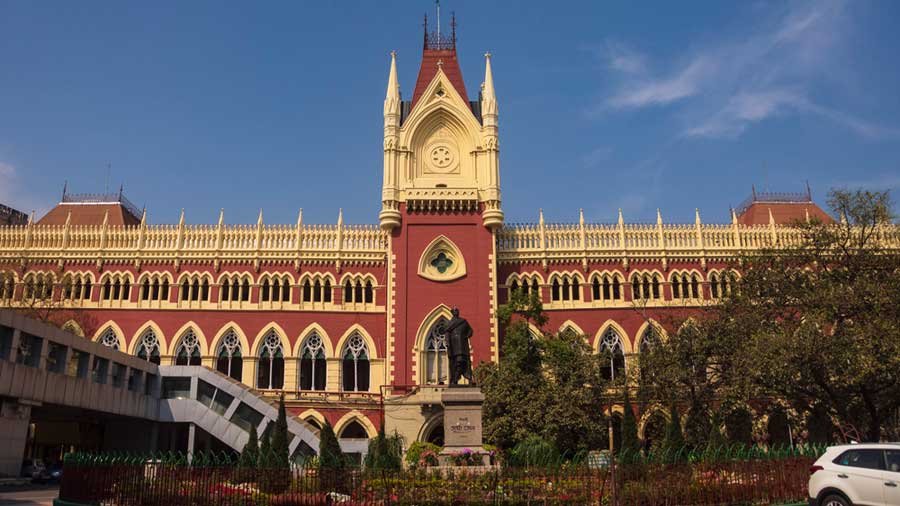The Madhya Pradesh High Court declared recently, dismissing a prosecution case against a man for rape on the pretense of marriage, that a woman cannot accuse an offence of rape just because a long-term consensual relationship did not result in marriage.
The complainant and the accused had a ten-year relationship that began of their own free will, but they eventually broke up because the guy did not want to get married, according to the court.
Judge Sanjay Dwivedi said that both the Supreme Court and the High Court have steadfastly maintained that a relationship of this kind cannot be classified as rape.
The judge continued by ruling that a woman cannot initiate a rape case just because she no longer believes her childhood belief that a committed physical relationship will inevitably result in marriage.
When a boy and a girl first start dating, they usually have the idea that their relationship will inevitably end in marriage because they are drawn to each other, are filled with feelings, and think they are in love. But occasionally it doesn’t work, and the girl feels duped and betrayed, therefore she can’t file a false police report claiming that she was the victim of a rape,” the court stated.
The man who was accused of rape by false marriage promises in 2021 submitted a plea with the court seeking to have the criminal case against him dismissed.
The complainant informed the authorities that she had known the accused man since high school and that, eventually, they had had sexual intercourse up to around 2020.
The complainant stated that the man had pledged to marry her both when he proposed to her and during their relationship. But when he declined to marry her, the relationship broke down.
She told her father about it, which resulted in the criminal case being filed.
The man then petitioned the High Court in an attempt to have the case dismissed. He claimed that the complainant-woman and he had a consensual connection.
The High Court stated that if the complainant’s sexual contact had started under the false impression that the guy would marry her, she could have had cause to bring a complaint back in 2010.
Nevertheless, the Court noted that the couple stayed together until 2020 and that no complaint was filed until 2021, at which point the guy turned down her proposal of marriage. The Court felt it was hard to accept that the continuation of the physical relationship was based on a fictitious promise of marriage.
“Given the case’s facts and circumstances, it is difficult to uphold the petitioner’s allegation that he had a sexual relationship with the prosecutrix after receiving a fraudulent marriage promise. In addition, it is challenging to characterize sexual activity throughout a relationship that lasted more than ten years as “rape,” particularly given the details of the complainant’s own claim, the court stated.
The Court reaffirmed that a real pledge to marry and a “false promise of marriage” are two different things.
“There may, of course, be circumstances, when a person having the best of intentions is unable to marry the victim owing to various unavoidable circumstances,” the judge stated.
The Court further stated that in these situations, a woman cannot assert that she had a false impression of the truth when she engaged in a sexual relationship.
“A fact must have an immediate relevance in order to fall within the definition of’misconception of fact’. The Court clarified that in such a case, Section 90 IPC cannot be invoked to completely forgive the girl’s actions.
The criminal case against the petitioner (the accused guy) was quashed by the court after it granted the petition.
“The present case does not come within the definition of rape as defined in Section 375 of IPC because consensual relationship and affair between the parties are apparent on the face of the record and admitted by the prosecutrix herself and therefore if ultimately their relationship could not culminate into marriage and the promise made by the petitioner was not fulfilled by him, it cannot be said that consent given by the prosecutrix for developing physical relation was obtained by the petitioner on the false pretext of marriage,” the court ruled.
The petitioner was represented by senior advocate Manish Datt and advocate Eshaan Datt.
For responders, Advocate A Bhurok made an appearance.


